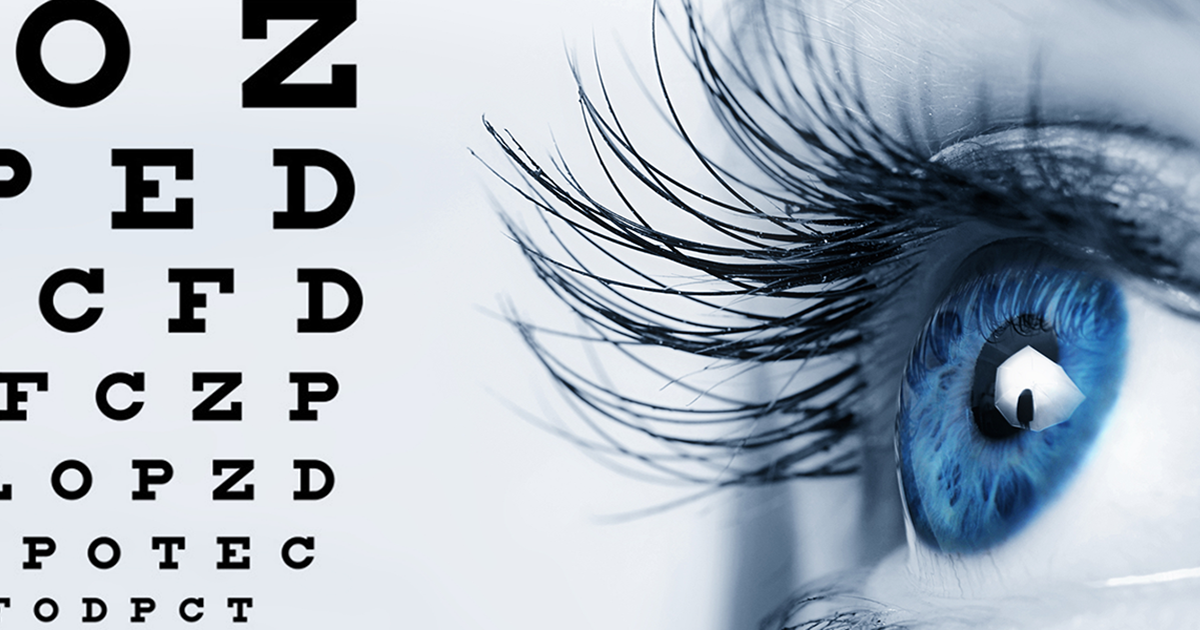Understanding the Numerous Eye Conditions Treated by Specialized Eye Treatment Professionals
In the realm of eye care, specialized experts play a critical role in identifying and treating a wide range of eye problems. From typical refractive mistakes that affect vision clarity to age-related conditions that pose difficulties as we get older, the experience of these professionals encompasses handling vision-threatening conditions and intricate corneal conditions. Furthermore, the intricacies of neurological eye conditions present one-of-a-kind challenges that necessitate specialized treatment. As we embark on this exploration of the various eye conditions dealt with by specialized eye care experts, it comes to be apparent that the complex web of eye wellness holds a myriad of remarkable insights waiting to be discovered.
Common Refractive Errors
Refractive errors are usual aesthetic problems caused by a blemish in the eye's capacity to correctly concentrate light, resulting in obscured vision. Astigmatism is identified by an irregularly designed cornea, resulting in altered or obscured vision at all distances. Presbyopia is an age-related problem where the lens loses its adaptability, making it difficult to focus on close things.
These refractive errors can be remedied through different methods, including eyeglasses, call lenses, or refractive surgery. Eye treatment professionals play an important role in diagnosing and handling refractive mistakes to aid individuals accomplish clearer vision and enhance their high quality of life.
Age-Related Eye Conditions
One of the most widespread age-related eye problems is age-related macular deterioration (AMD), an illness that triggers central vision loss and can make activities like reading and driving challenging. Cataracts, another common problem amongst older people, trigger clouding of the eye's natural lens, leading to blurred vision. Regular eye exams with specialized eye treatment specialists are vital for very early discovery and administration of these age-related eye conditions to preserve vision and keep eye health and wellness as individuals grow older.
Vision-Threatening Conditions
Vision-threatening illness include a range of serious eye problems that have the prospective to considerably impact a person's sight and general visual feature. These illness position a threat of irreversible vision loss if not quickly diagnosed and dealt with by specialized eye care specialists. Some typical vision-threatening diseases consist of glaucoma, diabetic retinopathy, age-related macular degeneration (AMD), and retinal detachment.
Glaucoma is a team of eye conditions that harm the optic nerve, usually because of high intraocular pressure, leading to field of vision loss and prospective loss of sight if left unattended. Diabetic retinopathy is informative post an issue of diabetes that impacts blood vessels in the retina, triggering vision impairment or loss of sight. AMD is a progressive problem affecting the macula, causing central vision loss. Retinal detachment happens when the retina divides from its underlying tissue, causing unexpected vision loss that calls for immediate clinical attention (refractive surgeries in al).
Early detection, routine eye tests, and timely treatment are essential in managing vision-threatening illness to maintain eyesight and preserve top quality of life. Specialized eye care professionals play a crucial duty in diagnosing, treating, and managing these conditions to stop irreversible vision loss.

Corneal Disorders
Corneal disorders include a range of problems that influence the transparent front part of the eye, known as the cornea. Treatment for corneal conditions varies depending on the certain problem yet might consist of drugs, call lenses, or in severe cases, corneal transplants. Regular eye exams are important for early detection and management of corneal conditions to protect vision and eye wellness.
Neurological Eye Problems
Neurological eye problems entail problems that impact the link between the eyes and the brain, influencing visual processing and top article overall eye function. These problems can show up in various ways, impacting vision, eye motions, and even the coordination between the eyes. One usual neurological eye problem is optic neuritis, identified by swelling of the optic nerve causing vision loss, color desaturation, and pain with eye movement.
Another significant condition is nystagmus, where the eyes make repetitive, unrestrained movements, impacting visual skill and depth assumption. In addition, conditions like amblyopia, often described as "careless eye," arise from irregular aesthetic growth in very early childhood years, resulting in reduced vision in one eye.
Neurological eye conditions need specialized treatment from experts like neuro-ophthalmologists who have competence in both neurology and ophthalmology. Diagnosis often entails an extensive eye examination, imaging researches, and collaboration with specialists to deal with the underlying neurological problems influencing site here the visual system. Therapy techniques can include medicine, vision therapy, or in serious instances, surgical treatments to handle these intricate conditions properly.

Final Thought
To conclude, specialized eye care professionals deal with a large range of eye conditions, consisting of typical refractive errors, age-related eye problems, vision-threatening conditions, corneal conditions, and neurological eye conditions - refractive surgeries in al. By recognizing these numerous conditions and seeking ideal treatment from eye care professionals, people can maintain optimum eye wellness and vision. It is necessary to prioritize normal eye assessments and follow advised therapy plans to maintain and safeguard one's vision for the future